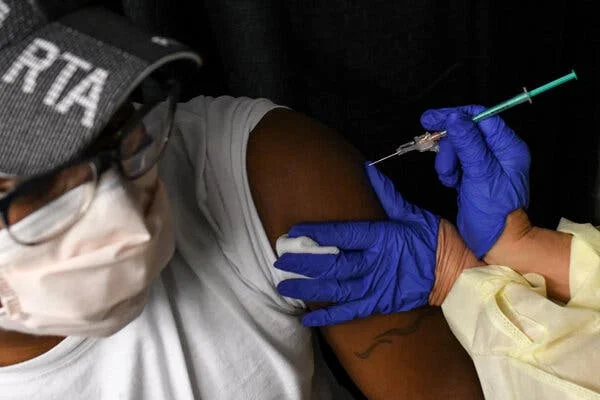
Federal Funding Cuts Impact Vaccine and Antiviral Research
In a troubling development for public health, federal funding cuts have significantly impacted vaccine and antiviral research across the United States. According to recent reports, the National Institutes of Health (NIH) has seen a reduction in its budget, affecting crucial research programs aimed at preparing for future pandemics.
Researchers at the University of Minnesota's Antiviral Research Center are feeling the pinch, with many scrambling to secure alternative funding sources. This center, known for its pioneering work on antiviral drugs, is now facing an uncertain future due to the funding cuts. The situation has sparked concern among health experts, who warn that such reductions could jeopardize the nation's ability to respond effectively to emerging health threats.
Further insights from the scientific community, including articles published in Nature, emphasize the need for sustained investment in vaccine research. Experts argue that without adequate funding, the development of new vaccines and treatments could be delayed, potentially leaving the country vulnerable to infectious diseases.
The debate over federal funding for health research continues to grow, with advocates calling for increased support to ensure the safety and well-being of the public. As discussions unfold, the impact of these cuts remains a critical issue for the future of public health in the U.S.